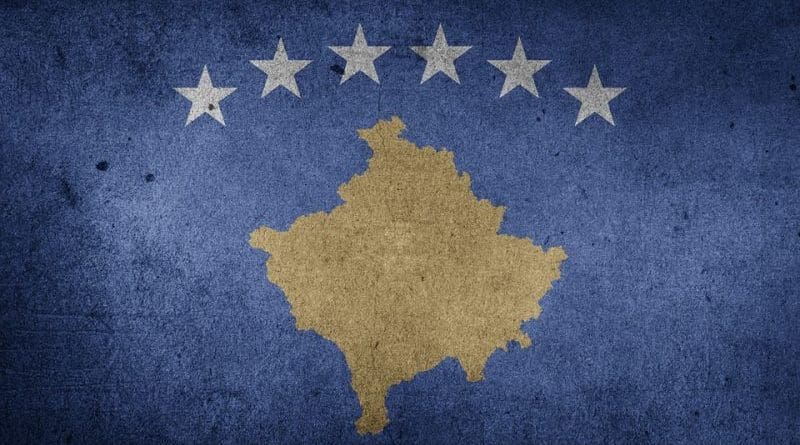Kosovo: Opposition Vetevendosje Party Triumphs In Election
By Maja Zivanovic and Perparim Isufi
The opposition Vetevendosje party hailed its victory in Sunday’s parliamentary election in Kosovo after more than 80 per cent of the voters were counted, ousting the once dominant Democratic Party of Kosovo, PDK, which came in third place after the Democratic League of Kosovo, LDK.
The PDK won 21.09 per cent of the votes cast, the LDK 24.87 per cent and Vetevendosje, 25.93 per cent. The turnout was 44 per cent. The close result means the country will, as usual, have a coalition government.
Shortly after the polls closed, Kadri Veseli, leader of the PDK, conceded defeat in the snap elections, which were called after former prime minister Ramush Haradinaj abruptly resigned. “We didn’t win. The PDK will go into opposition and we will continue to serve the nation and the state,” Veseli told a press conference, confirming that the PDK had lost power after 12 years.
Vetevendosje leader Albin Kurti told Pristina-based TV station T7 that voters had intervened to save the country from disaster. “Vetevendosje was the winner of the elections because it was the most voted-for party, but it is very welcoming that as the opposition [together with the LDK] we will have at least 60 MPs,” said Kurti, the party’s candidate for the post of prime minister.
“Vetevendosje’s victory is a national celebration. What happened today was an intervention from the people in our political scene to prevent the drama of our state having a tragic end,” he added.
After losing Sunday’s election, Ramush Haradinaj, former PM and leader of the Alliance for the Future of Kosovo, wrote in a Facebook post that “the decision to return decision-making to the voters proved right.”
“Fair and peaceful competition has raised Kosovo and its citizens to a higher standard of political and democratic maturity, by serving as a model in the region,” he added.
His party ran in a coalition with the Social Democratic Party, PSD, winning about 11 per cent of the vote.
Meanwhile, in Belgrade, Serbian President Vucic praised the Belgrade-backed Srpska Lista party, which he said had won 98 per cent of votes in the mainly ethnic Serbian town of North Mitrovica, and over 90 per cent in all the other Serb-majority municipalities in Kosovo. “Srpska Lista has won its most convincing victory in its history. This is one of my favourite wins, because it happened under the most difficult conditions,” Vucic said.
Kosovo voters on Sunday elected a new parliament for the seventh time since 2001, when country held its first general elections after the war of independence from Serbia.
On 19 July, Prime Minister Haradinaj surprised many when he announced his resignation after being summoned for questioning by the Specialist Prosecutor’s Office in The Hague, which is probing wartime and post-war crimes in Kosovo. On August 22, parliament voted for its own dissolution and four days later President Hashim Thaci announced October 6 as the date for new snap elections.
Prosecutors registered 16 violations of the electoral process, and 20 people were arrested for obstructing the voting process, the Prosecutor’s Office said.
Five cases of violating the secrecy of the vote were recorded In the Prizren region, and seven people detained. In the Pejë/Peć region, two persons were arrested for misuse of voting rights. Five cases of obstructing the electoral process were reported in the Gjakova region. Five people from this region were detained and one is being sought. In the Gjilan/Gnjilane region, one person was detained for violating voting rights, while in the Mitrovica region, two cases were reported, which resulted in five arrests. One person in Ferizaj/Urosevac was detained for obstruction of the voting process.
A total of 1,972,466 voters were registered to cast ballots on Sunday which is a rise of around 115,000 compared to the last elections in 2017.

